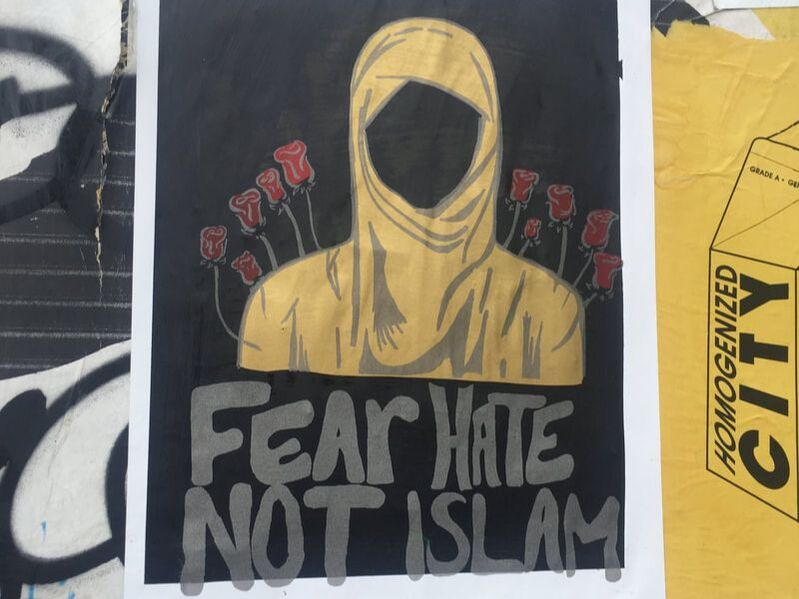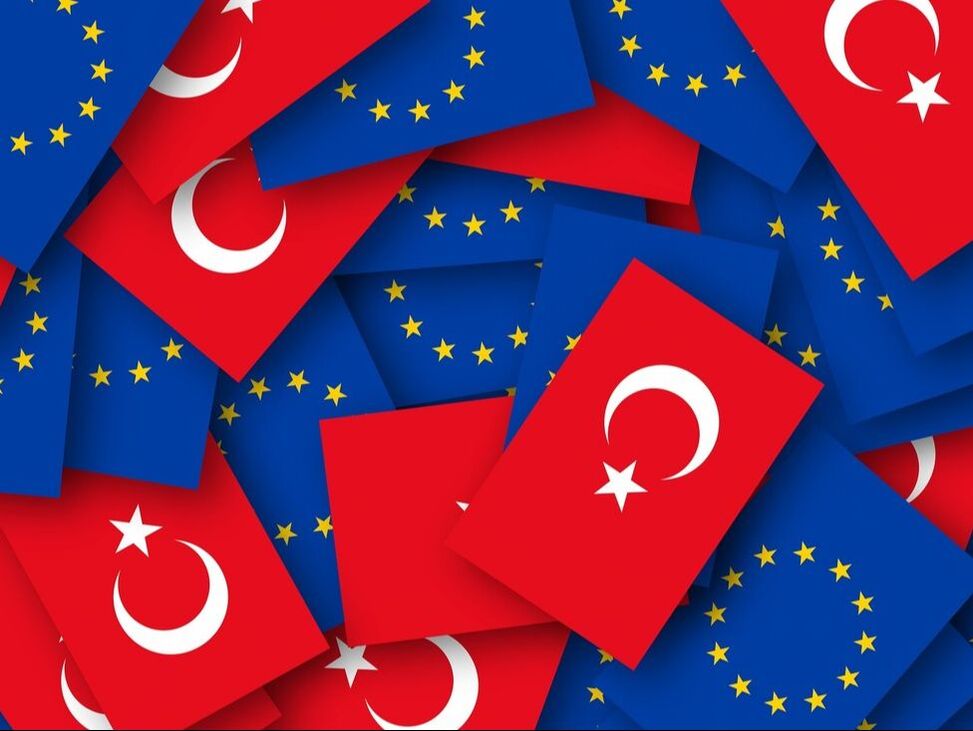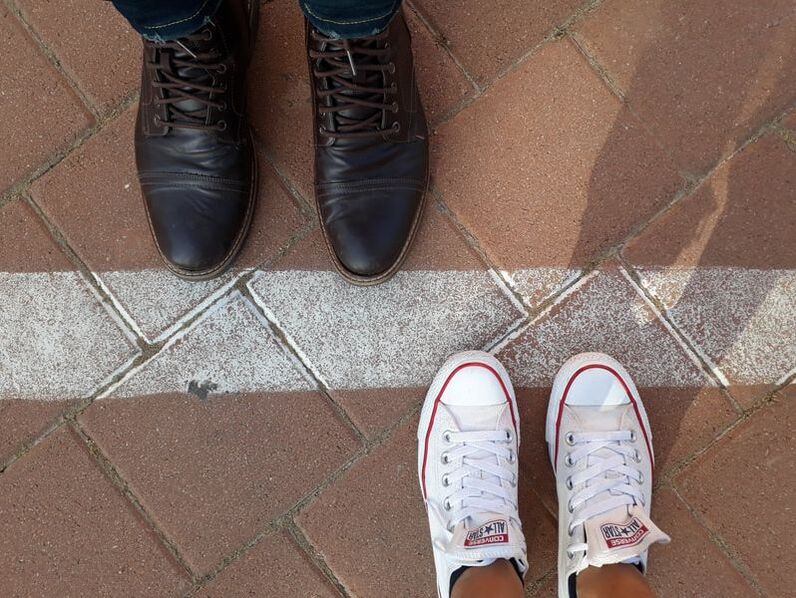|
|
|
How much should biology matter to our identities? When it comes to race and ethnicity, many people believe there are biological differences between groups. Actually, despite what many think, geneticists have proven that all humans are more than 99% genetically similar regardless of race. Even though these discoveries made in 2000 were widely reported in the news and in academic settings, most people (including academics!) continue to use assumptions that biology is relevant to determining who we are and to what groups we belong.
In today’s society, many people believe they are 'colourblind' and that we are 'post-race' — in other words, they think race shouldn’t matter anymore, that racism is a thing of the past, and that everyone has an equal chance at succeeding in society. Another part of 'colourblind' thinking is that we have changed the way we talk about race. Today it is far more common to use code words such as 'illegals', 'inner-city', or even to talk about culture as a stand-in for talking about racial groups.
0 Comments
 Photo credit: Jason Tester Guerrilla Futures. CC BY-ND 2.0. https://creativecommons.org/licenses/by-nd/2.0/. Photo credit: Jason Tester Guerrilla Futures. CC BY-ND 2.0. https://creativecommons.org/licenses/by-nd/2.0/.
The narratives presented in British public debates around terrorism have been long rooted in notions of increased presence of Islam in the public square as intuitively resulting in greater risk to the public. The most significant question this raises is who the ‘public’ refers to when discussing issues around securitisation. The recent horror of Christchurch represents something of an inverted scenario with the positioning, and following it we saw a series of Islamophobic attacks on mosques in Birmingham.
The connection between global and local events is significant because it explicitly requires us to engage in a process which, we argue in our Identities article, 'Securing whiteness?: Critical Race Theory (CRT) and the securitization of Muslims in education', is often absent. Our purpose in the article was to explore some of the ways in which Muslim communities are racialised and instrumentalised, rather than protected. Getting to grips with how Muslims have been located as stakeholders in national security in Britain is revealing. A large part of the Prevent counter-terror strategy relies on partnerships with Muslim communities. So in many senses British Muslims are the key stakeholder group in the securitisation process -- so how does it play out for them? How are their interests reflected in exchange for engaging in these partnerships with the state?
‘Turkey in means Britain out’: this was one of Nigel Farage’s rallying calls during the Brexit campaign, and these ideas were echoed by numerous others within politics and the media during the referendum. A topic which has long proved controversial among Europe’s elites, Turkish involvement in the European Union has seen renewed interest and opposition over recent years in the context of the so-called ‘migrant crisis’, the 2016 EU-Turkey statement, rising Euroscepticism and the mainstreaming of Islamophobia.
Much of the scholarship has suggested that hostility towards Turkey is associated with the construction of European identity. However, while this notion works for those supportive of the EU, the same cannot be said for those who explicitly reject Europe. How and why, therefore, do openly Eurosceptic parties fervently defend the idea of ‘Europeanness’ in order to reject Turkish involvement in the EU? My Identities article, 'When Eurosceptics become Europhiles: far-right opposition to Turkish involvement in the European Union', explores this question by analysing articles from the official party websites of the United Kingdom Independence Party (UKIP) and the Front National/Rassemblement National (FN/RN) over a five-year period (2013-18). Drawing on theories of Islamophobia and Orientalism, the findings highlight that the construction of Turkey as a dangerous other does not constitute a new phenomenon linked to EU integration, but instead forms part of a longer tradition of racism towards ‘the Orient’.
By the 1980s a significant shift occurred in the ethnic composition of the Israeli middle class. This was the result of social and cultural changes in the Israeli society. The weakening of the Labour party, identified with European immigrants (Ashkenazim), and the rise of the right-wing Likud party, supported by Middle East and North Western Jews (Mizrahim), lowered ethnic boundaries in the labour market.
As I explore in my Identities article, ‘Invisible boundaries within the middle class and the construction of ethnic identity’, the transition from a centralised to a capitalist economy, together with the incorporation of Palestinians into the Israeli labour structure in 1967, released Mizrahi Jews from their low-status rank and enabled them to develop self-employed small businesses. A significant growth of local colleges throughout Israel in the 1990s enabled Mizrahi Jews who were not admitted to the universities to acquire higher education. |
|
Explore Identities at tandfonline.com/GIDE |
|
The views and opinions expressed on The Identities Blog are solely those of the original blog post authors, and not of the journal, Taylor & Francis Group or the University of Glasgow.



